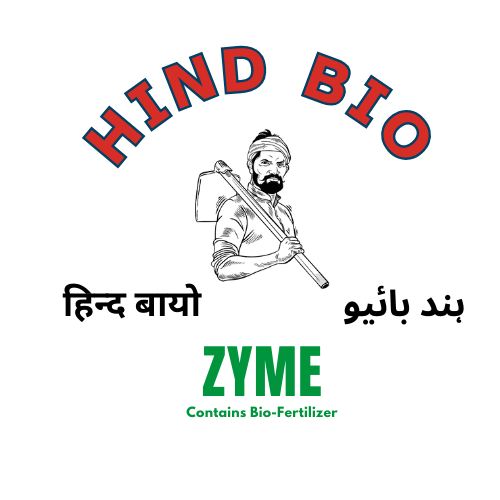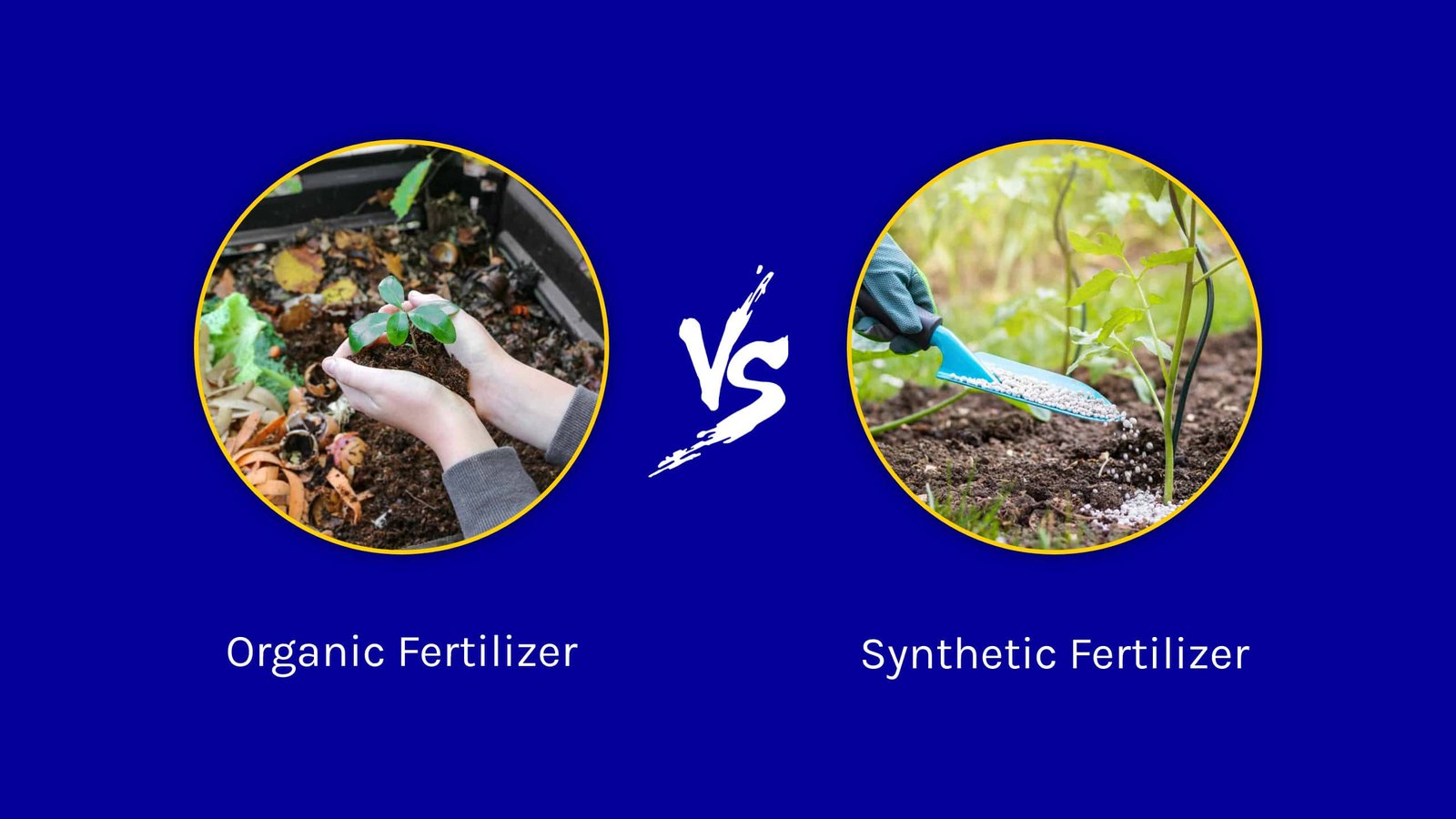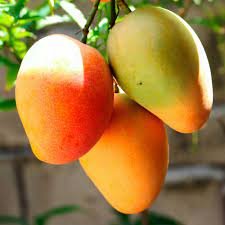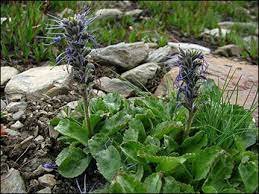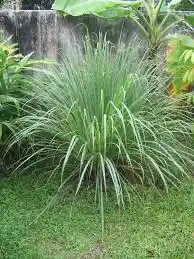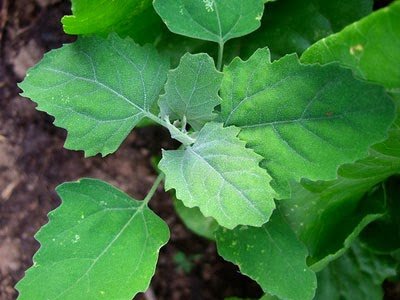
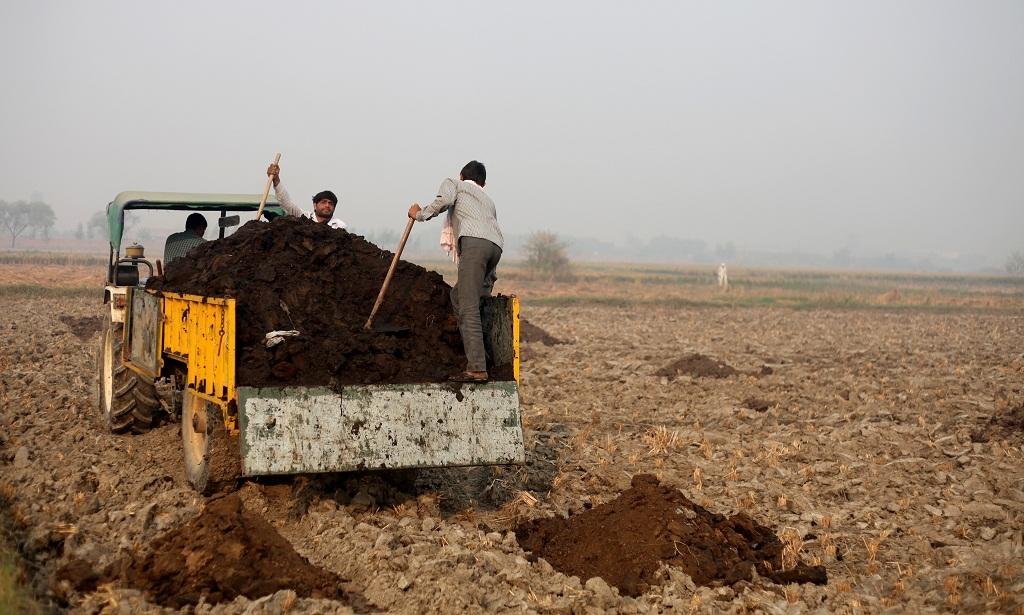
Vermicompost, also known as worm castings or worm compost, is a nutrient-rich organic fertilizer that is produced through the process of vermicomposting. This natural and sustainable method involves the use of earthworms to break down organic waste materials, such as food scraps and agricultural residues, into a valuable soil amendment.
Enhanced Soil Fertility
One of the key benefits of vermicompost is its ability to improve soil fertility. The organic matter and nutrients present in vermicompost are easily absorbed by plants, promoting healthy growth and development. Vermicompost is rich in essential macronutrients like nitrogen, phosphorus, and potassium, as well as micronutrients like calcium, magnesium, and zinc. These nutrients are released slowly and steadily, ensuring a consistent supply for plants.
Improved Soil Structure
In addition to providing nutrients, vermicompost also improves soil structure. The sticky secretions and mucus produced by earthworms help to bind soil particles together, creating aggregates that improve soil porosity and aeration. This allows for better water infiltration and retention, reducing the risk of soil erosion and water runoff. The improved soil structure also enhances root penetration and nutrient uptake by plants.
Increased Microbial Activity
Vermicompost is teeming with beneficial microorganisms, including bacteria, fungi, and actinomycetes. These microorganisms play a crucial role in the decomposition of organic matter and the cycling of nutrients in the soil. By introducing vermicompost to the soil, the population and diversity of these beneficial microbes increase, leading to improved soil health and nutrient availability for plants.
Suppressing Plant Diseases
The microorganisms present in vermicompost also contribute to the suppression of plant diseases. Certain bacteria and fungi found in vermicompost have been shown to inhibit the growth of harmful pathogens, such as Fusarium and Pythium. This natural disease suppression can help reduce the need for chemical pesticides and fungicides, making vermicompost a sustainable and environmentally friendly option for farmers.
Reduced Environmental Impact
Vermicomposting offers several environmental benefits. By diverting organic waste from landfills and incinerators, it helps reduce greenhouse gas emissions and leachate pollution. Vermicompost also helps sequester carbon in the soil, contributing to climate change mitigation. Furthermore, the use of vermicompost reduces the reliance on synthetic fertilizers, which can have negative impacts on water quality and biodiversity.
Cost-Effective Solution
Using vermicompost as a fertilizer can be a cost-effective solution for farmers. It can be produced on-site or purchased from local vermicompost producers. Compared to synthetic fertilizers, vermicompost provides a more sustainable and long-term solution for maintaining soil fertility and productivity. Additionally, the use of vermicompost can reduce the need for additional inputs like chemical fertilizers and soil amendments, resulting in cost savings for farmers.
Conclusion
Vermicompost offers numerous benefits for farms and land. Its ability to enhance soil fertility, improve soil structure, increase microbial activity, suppress plant diseases, and reduce environmental impact make it a valuable tool for sustainable agriculture. By incorporating vermicompost into their farming practices, farmers can improve crop yields, reduce input costs, and contribute to the long-term health of the soil and the environment.
Related Posts
Khad Ghar by ViViCrop
Khad Ghar: A Vision for Sustainable Agriculture by ViViCrop Farm Science Private Limited What is…
VV-Zyme – Organic & Bio Fertilizer For Farmers.
VV-Zyme is the brand name having trademark on name of VIVICROP FARM SCIENCE PRIVATE LIMITED.…
Comparative Analysis of Bio Fertilizers, Organic Fertilizers, and Synthetic Fertilizers
Fertilizers play a critical role in modern agriculture, enhancing soil fertility and boosting crop yields.…
The Transformative Impact of Organic and Bio Fertilizers on Farmers’ Lives
As the world becomes more conscious of the environmental impact of conventional farming practices, there…
